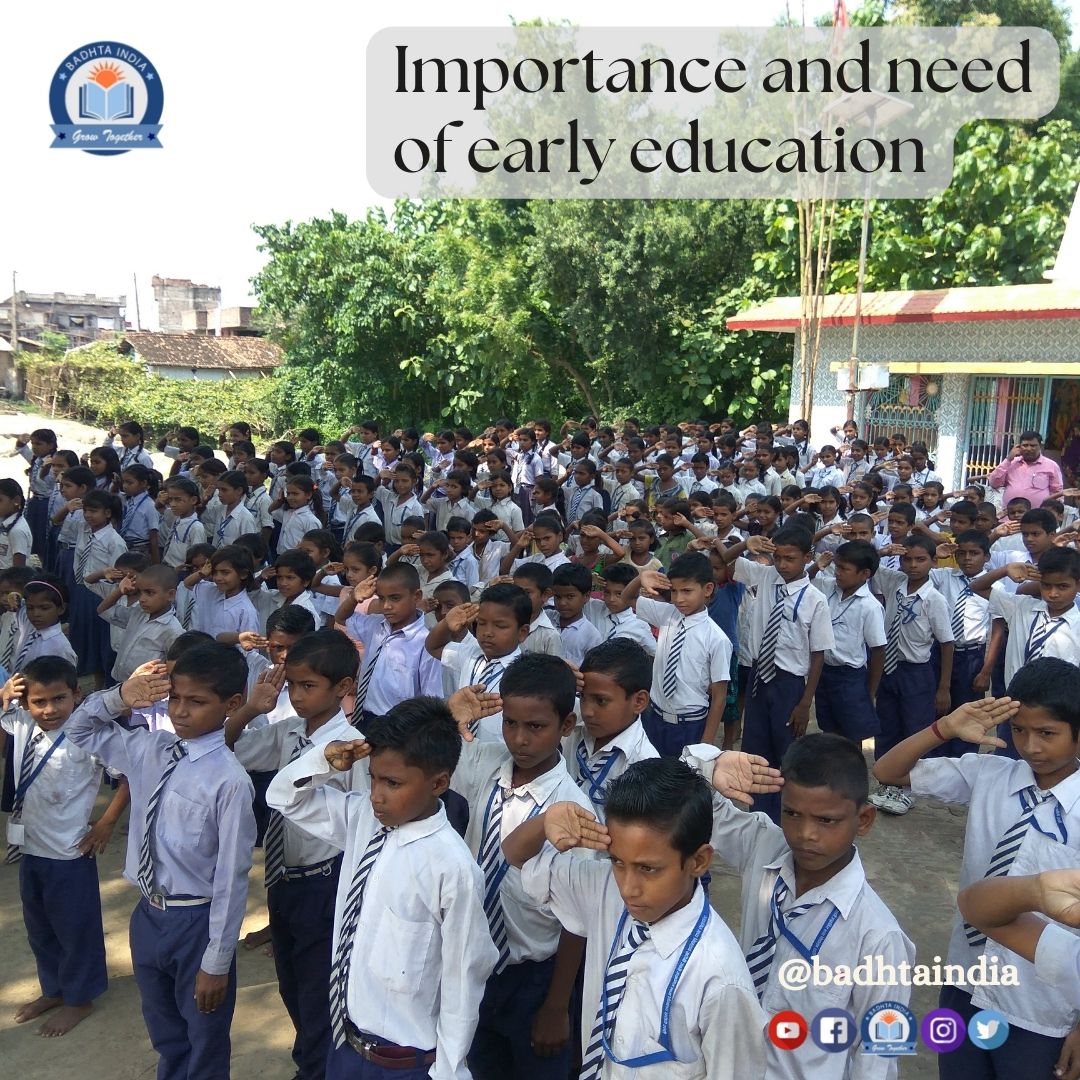The Importance and Need of Early Education
Unlocking the Future: The Importance and Need of Early Education
The journey of education is a transformative one, and its roots are often deeply embedded in the earliest years of a child’s life. Early education, often referred to as preschool or kindergarten, sets the foundation for a child’s lifelong learning and development. Its significance cannot be overstated, as it shapes not only academic success but also social, emotional, and cognitive growth. Let’s delve into the profound importance and undeniable need for early education.
1. The Brain’s Prime Time: Early childhood is a critical period for brain development. During the first five years, the brain forms over a million neural connections every second. High-quality early education capitalizes on this window of opportunity, providing experiences that stimulate cognitive growth, language acquisition, and problem-solving skills.
2. Holistic Development: Early education is not just about learning the ABCs and 123s; it’s about fostering holistic development. Children learn to interact with peers, regulate their emotions, and communicate effectively. They develop self-confidence, empathy, and a sense of curiosity that paves the way for future learning endeavors.
3. Academic Preparedness: Early education equips children with the fundamental skills they need for success in formal schooling. It instills a love for learning, enhances vocabulary, and develops early literacy and numeracy skills. Children who attend quality early education programs often perform better academically throughout their school years.
4. Reducing Inequalities: Early education has the power to bridge the gap between socio-economic disparities. It provides a level playing field, ensuring that children from all backgrounds have access to the same opportunities for growth and development. This is crucial in breaking the cycle of generational poverty and ensuring a brighter future for all.
5. Parental Involvement and Support: Early education involves parents as partners in their child’s learning journey. It offers resources and guidance to parents on how to support their child’s development at home. This collaborative approach strengthens the parent-child bond and enhances the overall learning experience.
6. Lifelong Benefits: The impact of early education extends well beyond the early years. Studies show that children who receive quality early education are more likely to graduate high school, pursue higher education, and secure stable employment. They also demonstrate better social skills, improved mental health, and reduced involvement in criminal activities.
7. Building a Strong Society: Investing in early education is an investment in the future of society. Well-educated children grow into responsible citizens who contribute positively to their communities. They are equipped with the skills needed to innovate, problem-solve, and contribute to a thriving economy.
In conclusion, early education is a cornerstone of a child’s development that shapes their lifelong trajectory. It builds the cognitive, social, emotional, and academic foundations necessary for success. As we advocate for equitable access to quality early education, we unlock the potential of future generations, creating a world filled with possibilities and promise. Let’s recognize the value of early education and ensure that every child has the opportunity to embark on this transformative journey toward a brighter future.


